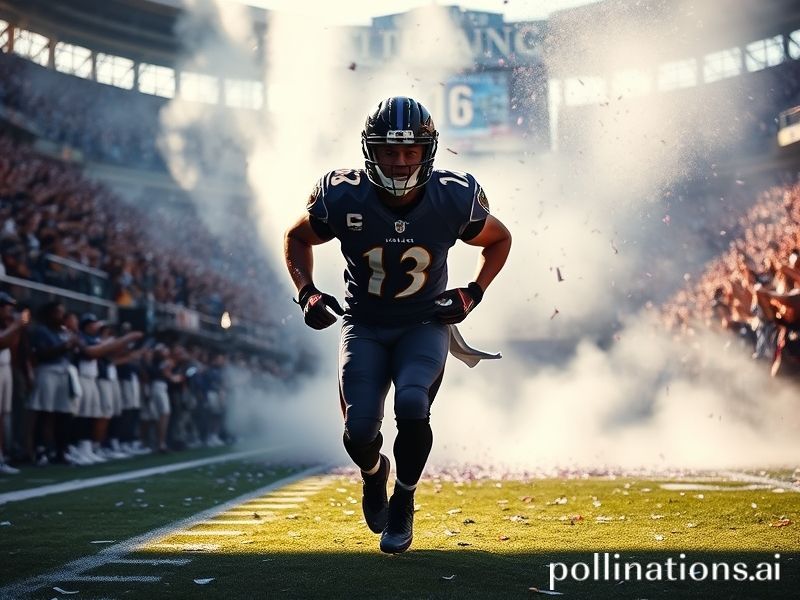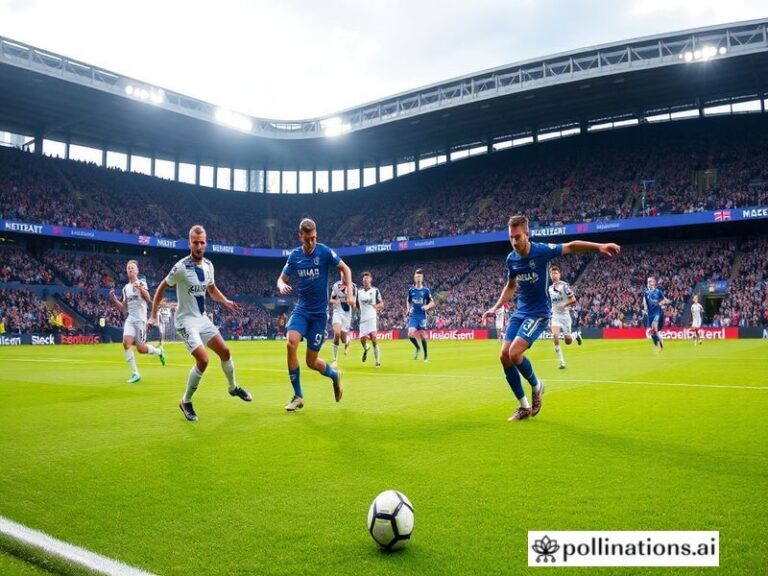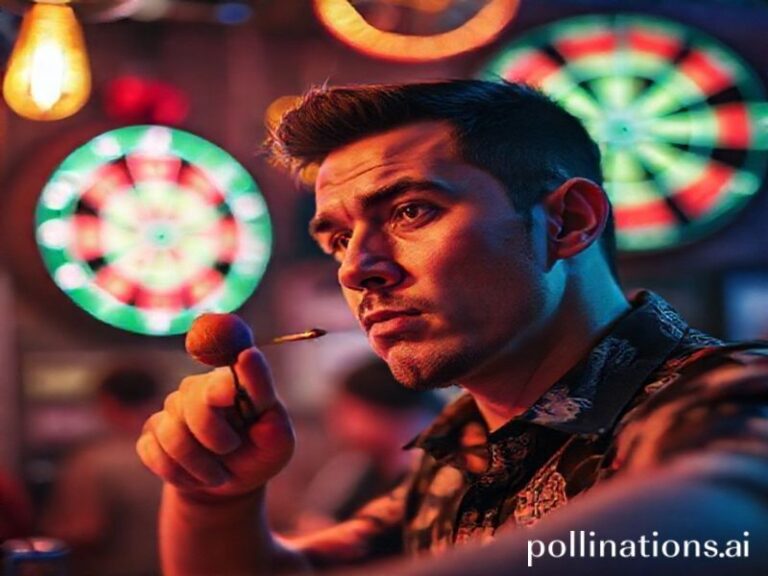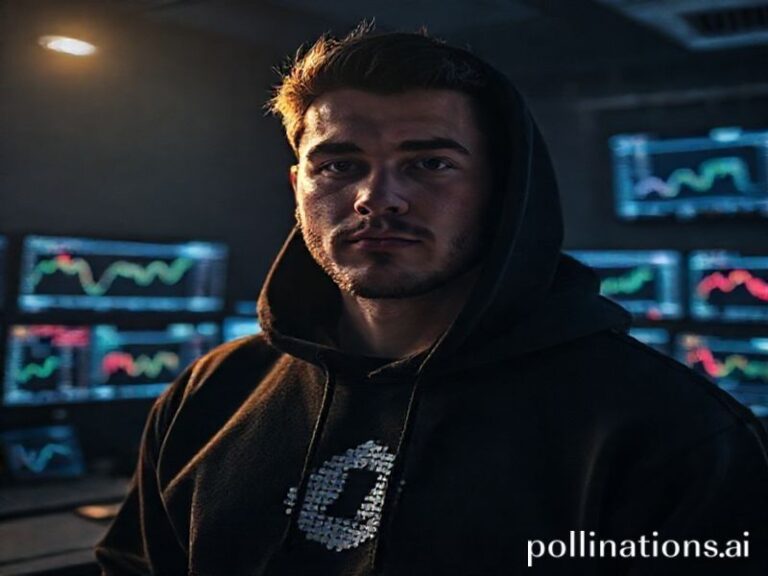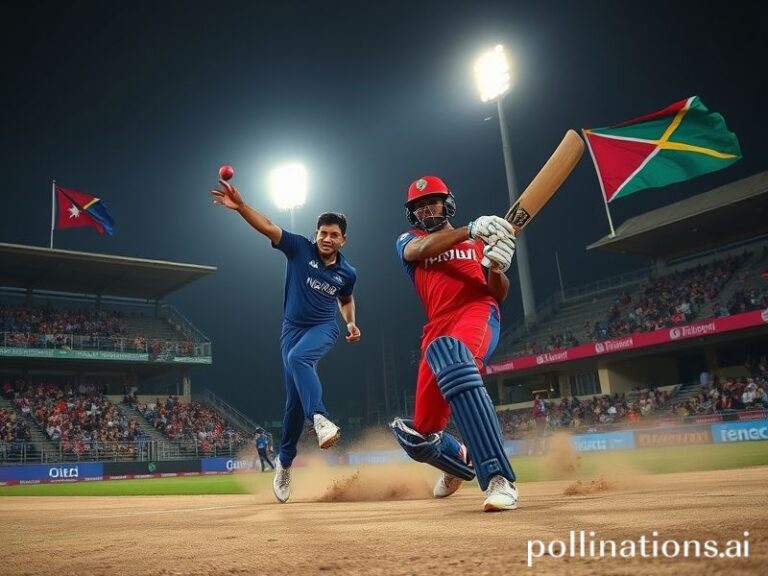Baltimore Ravens: How America’s Gothic Gridiron Circus Became the World’s Darkest Reality TV
Baltimore Ravens: America’s Gothic Opera, Now Playing on Every Continent
By Our Man in Perpetual Transit
Somewhere over the Mid-Atlantic, 37,000 feet above whatever fresh geopolitical disaster is brewing below, the in-flight Wi-Fi hiccups just long enough for the passenger in 14C to miss Lamar Jackson pirouette out of a collapsing pocket and flick a 40-yard prayer downfield. The groan that rises from the economy cabin is multilingual—German vowels, Korean consonants, a lone Glaswegian profanity—proof that the Baltimore Ravens have become one of the United States’ most successful cultural exports since the CIA discovered jazz diplomacy.
Yes, dear reader, the Ravens are no longer merely a football team; they are a darkly comic Rorschach test for the planet’s late-capitalist anxieties. Their colors—black, purple, metallic gold—look suspiciously like the bruises the global economy keeps waking up with. Their mascot is literally a death omen, borrowed from Edgar Allan Poe, a man who knew a thing or two about tragic collapses (see also: 19th-century American literature, or any given Ravens playoff run).
Globally, the Ravens’ influence spreads like an inside joke whispered across trading floors and refugee camps alike. In Nairobi, a startup streams condensed game highlights to solar-powered projectors so kids can watch Roquan Smith diagnose a screen pass faster than the IMF diagnoses a currency crisis. In Warsaw, sports-bar owners report that Lamar Jackson jerseys outsell Lech Wałęsa biographies three to one, a statistic that would depress any serious historian—assuming historians still exist outside TikTok.
Meanwhile, the Chinese streaming giant Tencent quietly edits end-zone footage to erase any lingering shots of “End Racism” stencils, replacing them with stock images of frolicking pandas. Somewhere in Brussels, an EU bureaucrat files an antitrust complaint because the Ravens’ defensive scheme looks suspiciously like a cartel.
The team’s analytics department—basically a Bond villain’s lair staffed by MIT dropouts—now partners with a Swiss insurance conglomerate to model systemic risk. Last season’s red-zone inefficiency, they claim, correlates eerily with spikes in Italian bond yields. Nobody knows whether this is causal, correlative, or just another example of humans seeing constellations in burning toast, but the PowerPoint deck is 127 slides long and has already been cited in three IMF working papers.
Naturally, the weaponized optimism of American soft power follows. The Ravens’ community initiatives—building playgrounds in Baltimore neighborhoods that look suspiciously like drone footage of Grozny circa 1999—are packaged into glossy Instagram stories beamed to non-aligned nations. “If Baltimore can gentrify hope,” the subtext murmurs, “imagine what you can do with your own crumbling port city.” A Macedonian mayor recently tried to replicate the model; the playground lasted three days before local oligarchs converted it into a parking lot for armored Bentleys.
One can’t ignore the existential subplot: a team named after a bird that feeds on carrion, thriving in a league that devours its athletes’ bodies for our Sunday amusement. This irony is not lost on the international audience. Scandinavian viewers watch injury reports with the same grim amusement they once reserved for saga retellings; Japanese fans craft elaborate manga arcs in which the Ravens’ training facility is revealed to be a sentient organism harvesting ACL tendons for alien overlords.
And yet, every February, when the Lombardi trophy glints under strobe lights, half the globe pauses its regularly scheduled humanitarian catastrophe to debate whether Baltimore’s latest championship qualifies as the end of American decline or merely its halftime show. The answer, like the team’s playoff hopes, remains deliciously, brutally uncertain.
Conclusion: The Ravens are not just playing football; they are staging a gothic opera about power, decay, and the absurd hope that somehow a 220-pound quarterback with a smile like sunrise can keep the entire edifice from collapsing. The world tunes in because, deep down, we all suspect the same fragile magic props up our own end zones. And if the lights ever go out for good, at least we’ll have shared one last, bitter laugh before the darkness.

